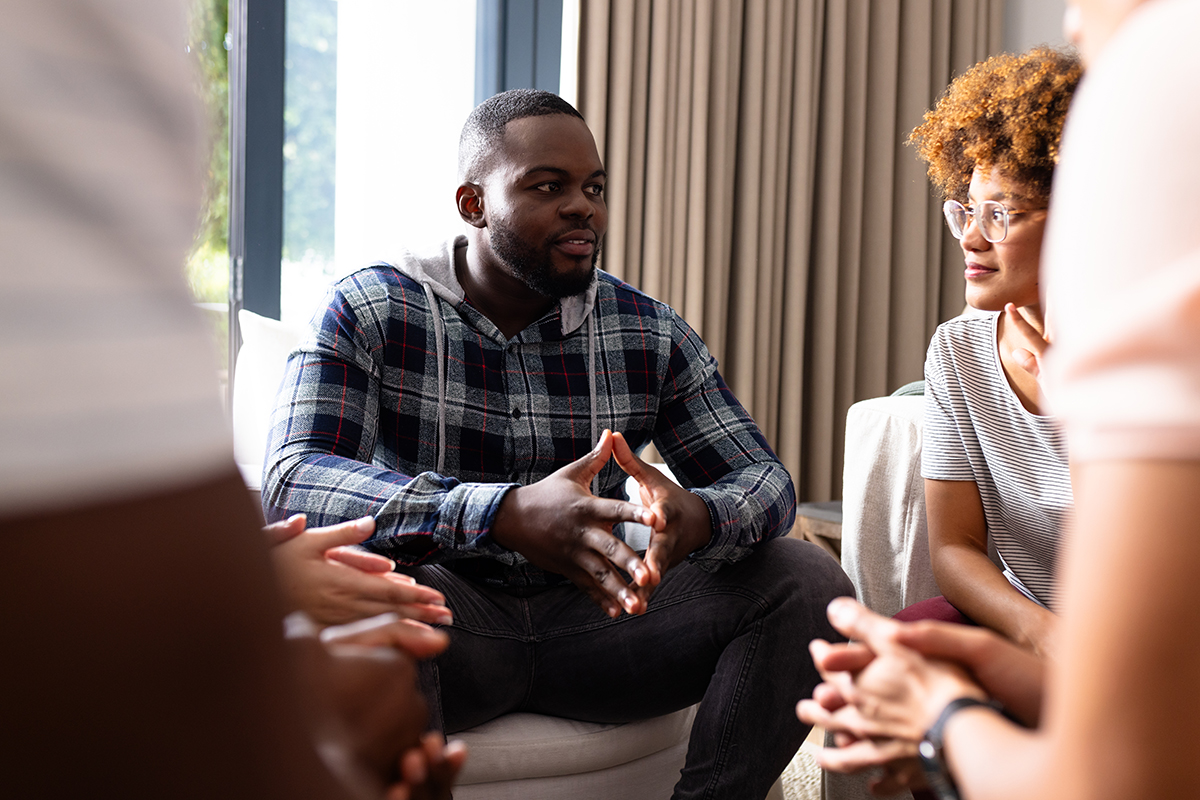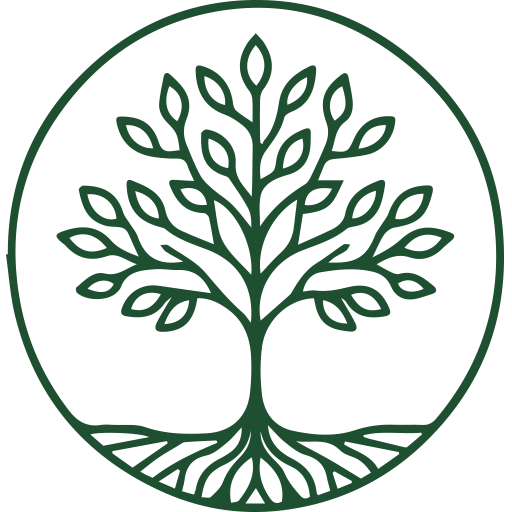Friends in Recovery

Recovery is hard, but you don’t have to do it alone. Having friends who understand your struggles can make all the difference. At Woodland Recovery Center, we believe connection and community are powerful tools for healing.
Our addiction treatment programs are built around support, shared experience, and helping clients grow stronger together. Whether you’re just starting your journey or continuing down the path of recovery, friendship can be one of your greatest strengths.
Why do friends in recovery matter?
Making new friendships in recovery is more than a fresh start—it’s a key part of staying sober. Friends in recovery can help you stay motivated, provide encouragement, and remind you that you’re not alone. As you work toward sobriety, having people around you who truly understand your journey can make a difference.
These friendships offer something unique: shared purpose and mutual support. Whether talking through a tough day or celebrating small milestones, sober relationships help build stability and emotional safety in recovery.
What makes some old friendships risky after rehab?
While you may want to stay close with friends from before treatment, not all relationships support your sobriety. Friends who still use substances—even casually—can be triggering. Being around familiar people, places, or habits linked to past use may increase the risk of relapse.
It doesn’t mean your old friends are bad people. But it’s okay to step back if they can’t respect your goals or continue to engage in behaviors that threaten your progress. Prioritizing your recovery sometimes means reevaluating who belongs in your life.
How can you build sober recovery friends?
Sober recovery friends can be found in many places, including substance abuse treatment programs, support groups, and alumni communities. Woodland Recovery Center encourages clients to connect with others through our group therapy, alumni program, and addiction aftercare.
Recovery meetings and intensive outpatient programs (IOPs) are great places to meet people who understand your goals and experiences. You may find it easier to relate, and you’ll likely encounter others looking to form new connections. Being open and approachable can help the right people find their way into your circle.
What are practical ways to form healthy friendships in recovery?
Building friendships during recovery can feel overwhelming at first. But there are small, intentional steps you can take:
- Get involved: Join a hobby group, volunteer, or sign up for a class. Shared interests can be a great foundation for new friendships.
- Be upfront: Be honest about your sobriety when connecting with new people. It helps build trust early and sets boundaries.
- Use online tools: Forums, apps, and recovery communities can help you meet others, even if you’re not ready for in-person interaction.
- Lean on friends of friends: Let others introduce you to supportive people they know. Group settings can make new connections easier.
- Be selective: Friendships in recovery should build you up. Stick with people who respect your goals and share similar values.
Friendship takes time, but even one supportive person can have a lasting impact.
How can peer support and group programs help?
Community is a cornerstone of recovery. Peer support groups and structured group therapy provide safe spaces to share your story, listen to others, and practice new social skills. These programs reduce isolation and boost confidence.
At Woodland Recovery Center, group therapy sessions help clients build meaningful bonds with others in similar situations. Through open discussion, shared experiences, and guided activities, many clients find their first sober friendships here.
How does Woodland’s alumni program support friends after rehab?
Staying connected after treatment is one of the best ways to sustain progress. Woodland Recovery Center’s alumni program helps clients stay in touch with peers, attend recovery-focused events, and participate in ongoing support.
This continued connection fosters friendships in recovery that last well beyond treatment. Whether you’re texting a friend from rehab or meeting up for an alumni meeting, the relationships built here can grow into a reliable source of accountability and support.
Many clients say their alumni relationships have become lifelong friendships that keep them grounded in recovery. That’s the power of a strong community built on shared goals.
Start building the connections that strengthen your recovery
Recovery is a journey you don’t have to face alone. Whether embracing sobriety for the first time or rebuilding your support system, Woodland Recovery Center will guide you through this journey. We’re here to connect you with people who get it—through group therapy, peer support, and alumni programs.
An admissions consultant can help you find the right place to start. Call 662.222.2989 or use our online contact form to take the next step. The right support, including sober recovery friends and a caring rehab community, is just a call away.


